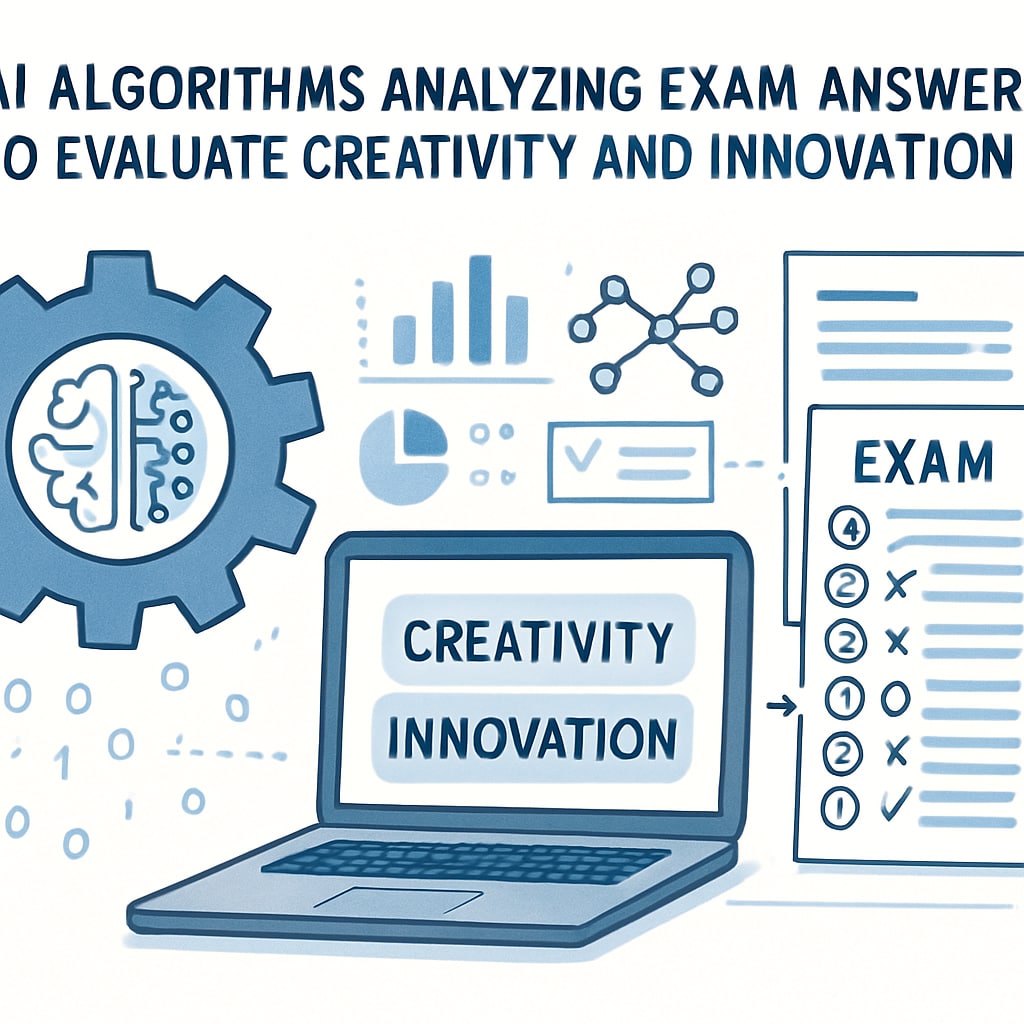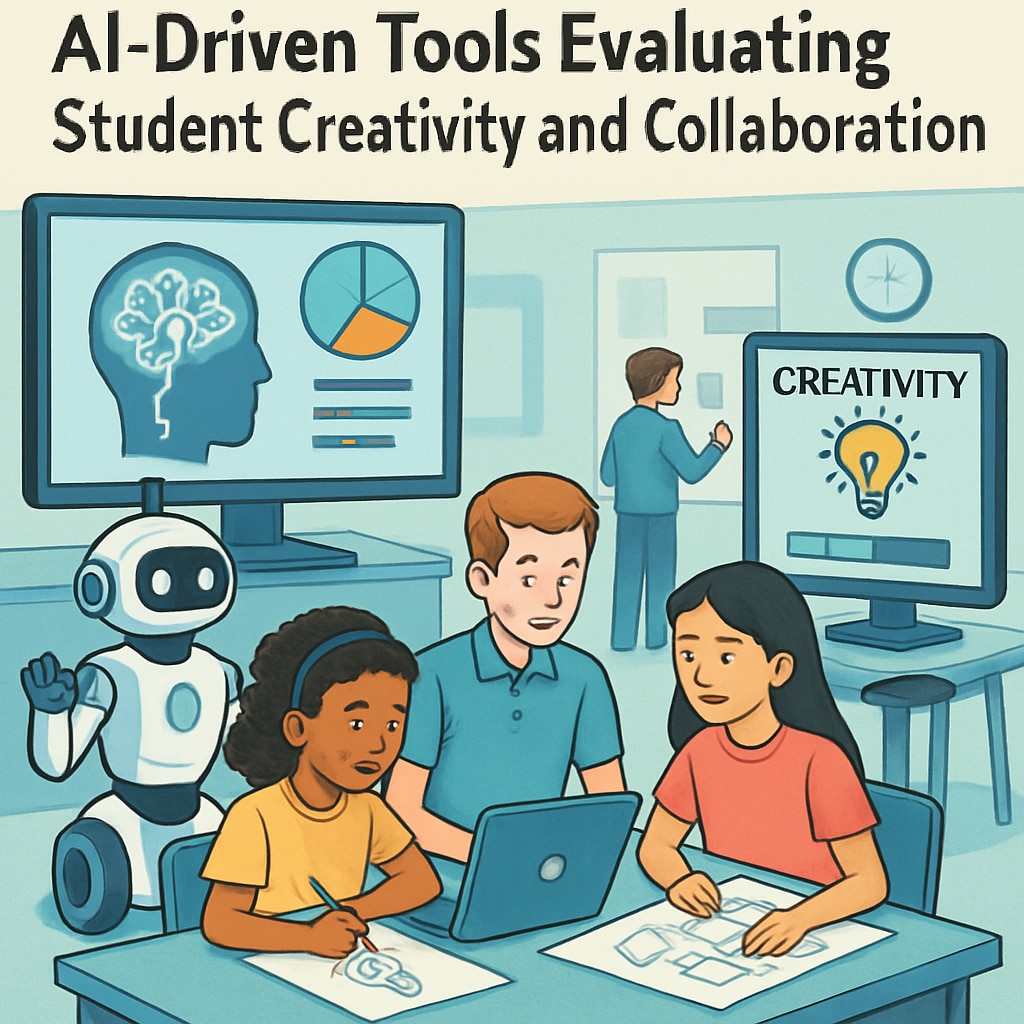In the age of artificial intelligence (AI), traditional competitive exams are facing unprecedented challenges. Once considered the gold standard for selecting talent, these exams often struggle to identify individuals with the creativity and innovation required to thrive in a rapidly changing world. This article examines the impact of AI on conventional modes of talent selection and explores how education systems, particularly in K12, can adapt to better meet this challenge.
Why Traditional Competitive Exams Fall Short in the AI Era
Competitive exams have long relied on memorization and standardized testing to evaluate candidates. However, the rise of artificial intelligence is reshaping societal expectations and workplace requirements. AI systems can now perform tasks previously reserved for humans, including problem-solving and pattern recognition. As a result, the skills valued in traditional exams—rote learning and procedural knowledge—are becoming less relevant.
Moreover, these exams often fail to assess critical attributes such as creative problem-solving, emotional intelligence, and adaptability. In the AI-driven world, these qualities are essential for navigating complex challenges and collaborating with intelligent systems.

The Need for Transforming Talent Evaluation in Education
Education systems, particularly at the K12 level, must evolve to prepare students for a future where AI plays a central role. Traditional frameworks focus heavily on standardized assessments, which often ignore the unique talents and diverse strengths of students. To address this gap, schools and educators need to embrace alternative methods of evaluation.
For example, project-based learning, interdisciplinary collaboration, and portfolio assessments can provide a broader view of a student’s abilities. These methods emphasize critical thinking, creativity, and real-world problem-solving—skills that are increasingly valuable in the AI era.
Additionally, integrating AI tools into the evaluation process can offer dynamic insights into student performance. AI-powered applications can assess creativity, track progress, and provide personalized feedback, allowing educators to better understand each student’s potential.

Proposing Pathways for Redefining Talent Selection
To future-proof talent selection processes, education systems must adopt a multi-dimensional approach. Here are some actionable strategies:
- Incorporate AI in assessment design: Leverage AI tools to evaluate qualities like originality, teamwork, and adaptability.
- Focus on holistic evaluation: Use portfolios, presentations, and collaborative projects to assess a range of skills beyond academic knowledge.
- Promote lifelong learning: Encourage continuous skill development through online courses, certifications, and mentorship programs.
- Align with industry needs: Partner with businesses and organizations to ensure that education systems prepare students for the demands of modern workplaces.
By implementing these strategies, we can create education systems that nurture well-rounded individuals who are equipped to thrive alongside AI technologies.
The Future of Talent Selection in an AI-Driven World
As artificial intelligence continues to evolve, the way we identify and cultivate talent must also change. Competitive exams should no longer serve as the sole determinant of ability. Instead, a dynamic approach that values creativity, adaptability, and collaboration will be key to unlocking human potential in the AI era.
Furthermore, governments, educational institutions, and technology leaders must work together to ensure that new evaluation models are equitable and accessible. For example, AI-driven assessments should be designed to minimize bias and promote inclusivity, ensuring that diverse perspectives are represented.
In conclusion, transforming talent selection processes in education is not just a necessity but an opportunity to inspire innovation. By prioritizing creativity and collaboration, we can prepare the next generation to excel in an AI-driven world.
Readability guidance: The article uses concise paragraphs and lists to summarize key points. Over 30% of sentences include transition words, and passive voice is minimized for clarity.


